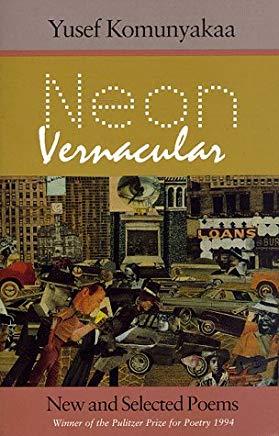Item is not available
member goods
No member items were found under this heading.
listens & views

ROUGH GUIDE TO ITALIA NOVA ...
by ROUGH GUIDE TO ITALIA NOVA / VARIOUS
COMPACT DISCout of stock
$13.99
Return Policy
All sales are final
Shipping
No special shipping considerations available.
Shipping fees determined at checkout.






